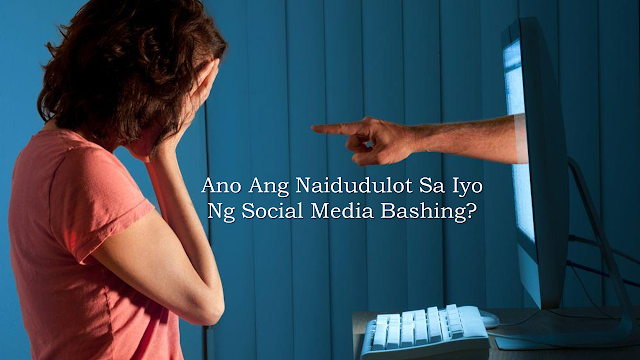The late literary critic Umberto Eco once said: “Social media gives legions of idiots the same right to speak as a Nobel Prize winner.”
He could be right.
A professor at the renowned Stanford Graduate School of Business (SGSB) faced the issue head-on, conducting studies with a research associate on netizens reactions and how these often lead to a bashing frenzy.
He could be right.
A professor at the renowned Stanford Graduate School of Business (SGSB) faced the issue head-on, conducting studies with a research associate on netizens reactions and how these often lead to a bashing frenzy.
Ads
They said that while people are quick to call attention to racist, sexist or unpatriotic behavior on social media, they are seen more like bullies giving excessive punishment when that outcry goes viral.

The researchers cited a 2013 incident about a public outcry over a young woman who twitted “Going to Africa. Hope I don’t get AIDS. Just kidding. I’m white!” Her post went viral and despite explaining that it was meant to be a joke, it affected her and the worse effect was she lost her job because of it.
A netizen in the Philippines who also lost his job after posting an insensitive remark over the earthquakes that rocked various parts of the country in April. He said it was just meant to be a bit of humor.
“On the one hand, speaking out against injustice is vital for social progress, and it’s admirable that people feel empowered to call out words and actions they believe are wrong,” said Sawaoka. “On the other hand, it’s hard not to feel somewhat sympathetic for people who are belittled by thousands of strangers online, and who even lose friends and careers as a result of a poorly thought-out joke.”
The question about how to respond to injustice in the digital age is complex, Sawaoka and Monin concluded in the paper.
Ads
Sponsored Links
Some people are tragically affected by social media bashing and eventually loose hold of their sanity. Many of them result in depression and worse, they resorted to stopping their misery by ending their own life.
©2019 THOUGHTSKOTO
